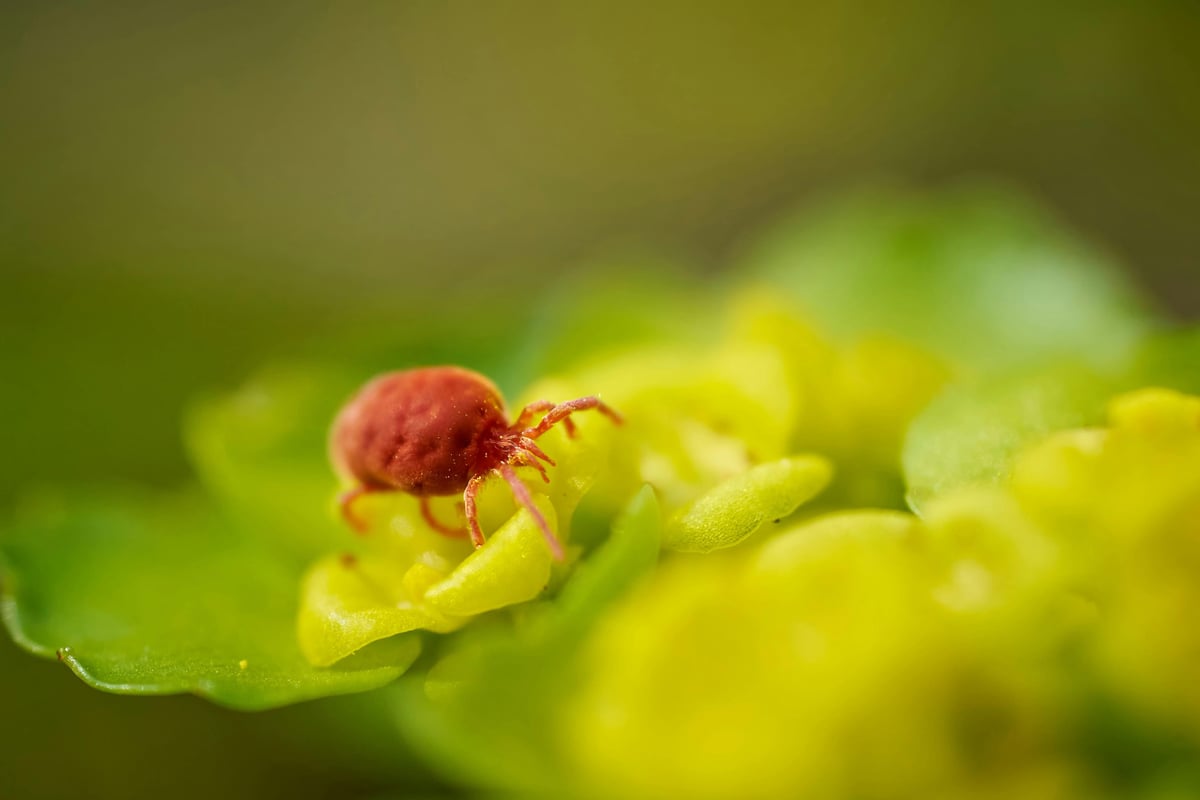Dog Harvest Mite Warning: Vet advises what to look out for this autumn – and how to treat a mite infestation
By David Hepburn
Copyright scotsman

Autumn may bring crisp walks and colourful leaves, but for dogs, the season can also mean a surge in skin problems. One issue can be harvest mites, tiny red-orange arachnids that are especially active in the autumn. They often appear as small dots on the skin, particularly between the toes, and can cause intense itching and discomfort. At this time of year after walks you need to be vigilant. If your dog is nibbling its paws you should look closely for the mites – they’re bright orange and you can see them with the naked eye. To help out Alison Lambert, a leading vet at Different Dog is warning that it’s prime season for harvest mites and owners need to be alert. While mites don’t transmit disease in the way a tick does, they are troublesome as some dogs will be intensely bothered by the discomfort they cause. The dog might also get a secondary skin infection due to self-trauma. If you suspect your dog may be suffering from harvest mites it is best to visit your veterinarian. There’s not a licensed product to treat harvest mites but your vet may prescribe certain flea products and possibly anti-inflammatory medication to reduce the severe itching and inflammation caused by the mites. Give your dog a soothing bath with an anti-parasitic, oatmeal-based, or soothing shampoo to help calm the skin and relieve itching. Wash your dog’s bedding, blankets, and other frequently used objects to remove any mites that may have transferred to the environment. Do not use human anti-inflammatory human medications or anti-itch creams, as they can be dangerous for your dog. Reduce your dog’s exposure to grassy or wooded areas during the peak harvest mite season. Maintaining your dog’s overall health and immune system may help control their body’s histamine response to skin irritations. Diet plays a massive role in your dog’s overall wellbeing, including the health of their skin. Feeding fresh, whole foods with high-quality protein, healthy fats, and ingredients that support gut health can make a real difference.



